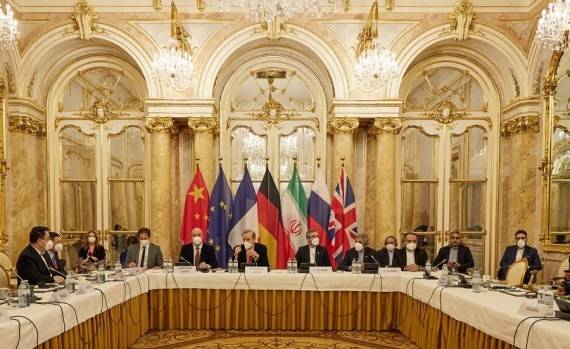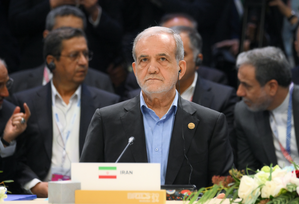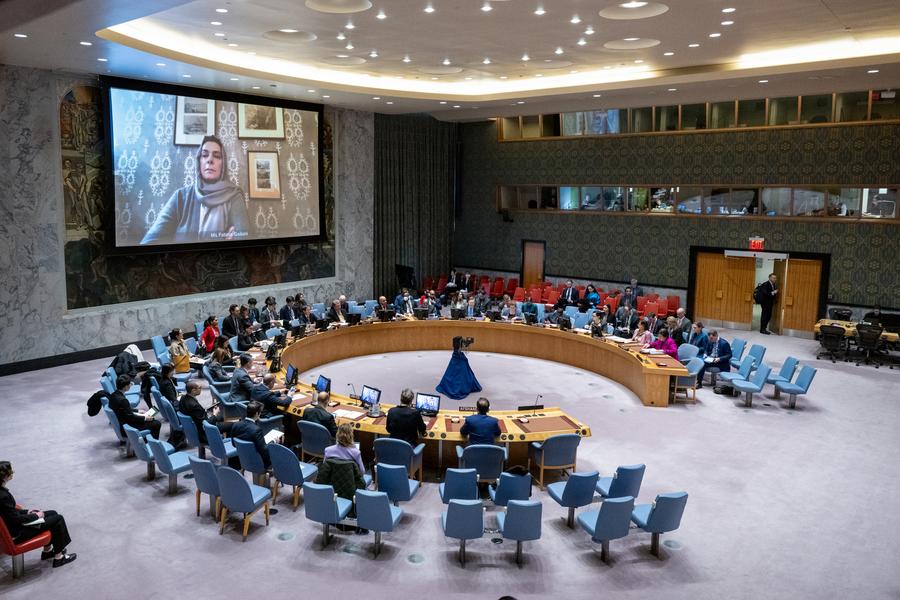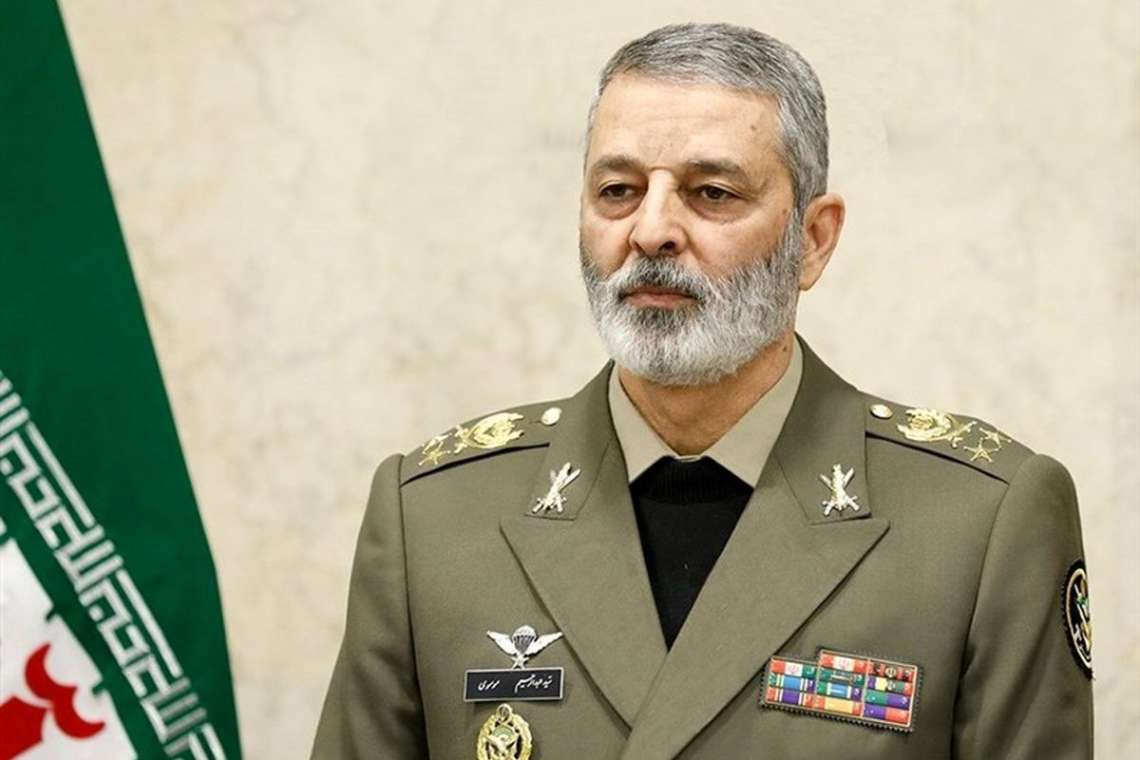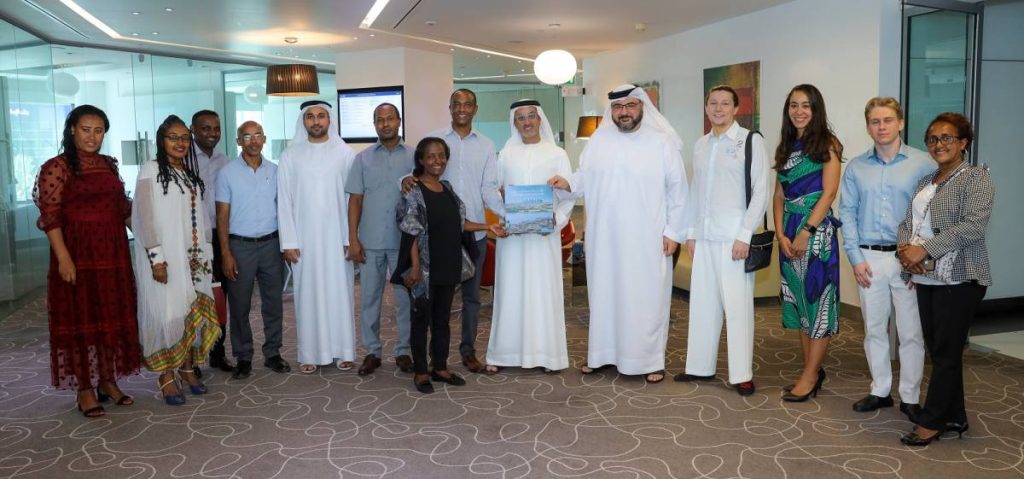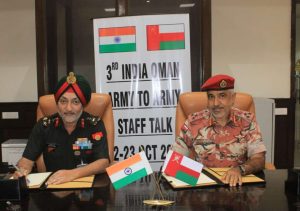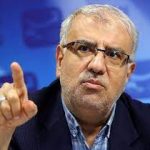The Iranian negotiating team, headed by Iran’s chief nuclear negotiator Ali Bagheri Kani, held a meeting with the Russian delegation on Thursday, reports Asian Lite Newsdesk
A new round of talks on the revival of a 2015 nuclear deal between Iran and world powers began in Vienna on Thursday after a 150-day hiatus, according to Iran’s official news agency IRNA.
The Iranian negotiating team, headed by Iran’s chief nuclear negotiator Ali Bagheri Kani, held a meeting with the Russian delegation led by Mikhail Ulyanov, Russia’s permanent representative to international organizations in Vienna and chief negotiator to the Vienna talks.
The two sides had “a frank, pragmatic and constructive exchange of views on ways and means of overcoming the last outstanding issues,” Ulyanov tweeted after the meeting, Xinhua news agency reported.
Bagheri Kani also met with Enrique Mora, the European Union chief coordinator for the Iran nuclear talks, and Secretary General of the Austrian Foreign Ministry Peter Launsky-Tieffenthal respectively.
Iran signed the nuclear deal, formally known as the Joint Comprehensive Plan of Action (JCPOA), with world powers in July 2015, agreeing to curb its nuclear program in return for the removal of sanctions on the country. However, former U.S. President Donald Trump pulled Washington out of the agreement and reimposed unilateral sanctions on Tehran, prompting the latter to drop some of its commitments under the pact.
The talks on reviving the JCPOA began in April 2021 in the Austrian capital of Vienna but were suspended in March this year because of political differences between Tehran and Washington.
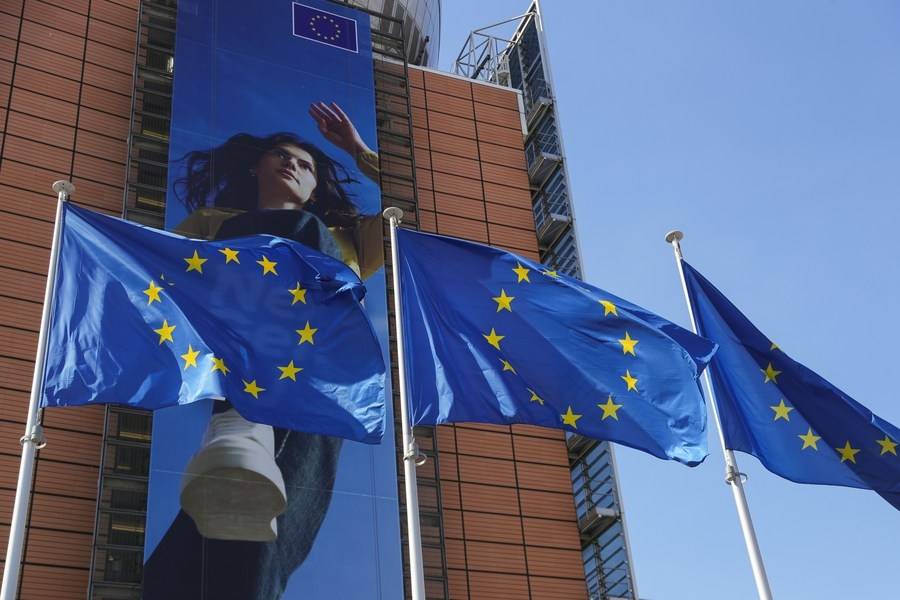
‘Not going to be easy’
A European Union (EU) diplomat has expressed a degree of hope that the 2015 nuclear agreement with Iran can be resurrected, while also listing several significant stumbling blocks following the resumption of talks in Vienna.
“I think there is a real possibility of an agreement, but it’s not going to be easy,” dpa news agency quoted the diplomat as saying while outlining the remaining areas where no agreement had yet been reached.
Tehran and Washington still had to agree on the technicalities for lifting certain sanctions on Iran, the diplomat said, asking not to be named.
Further outstanding issues include restrictions on the enrichment of uranium, which Iran is currently enriching to a near-weapons-grade purity of 60 per cent.
A further prerequisite for a deal is a return to the comprehensive monitoring of the Iranian nuclear programme by the International Atomic Energy Agency (IAEA).
Iran and Washington have decided to leave the disputed US classification of the Iranian Revolutionary Guards as a terrorist organisation until a later date.
The current draft also contains guarantees for Tehran should the US withdraw from the agreement again, the diplomat said, following Washington’s unilateral exit from the deal in 2018 during the presidency of Donald Trump.
Western diplomats believe there’s only a brief window of opportunity left in which to salvage the pact, the ultimate aim of which is to prevent Iran from developing nuclear weapons in exchange for the lifting of sanctions on Tehran.
However, talks between Iran and the six other parties to the agreement — China, Germany, France, the UK, Russia and the US — have been faltering for months.
A new draft of the deal currently under discussion takes into account recent nuclear advances made by Tehran, some of which would have to be walked back, dpa has learned.
On Monday, Iran’s nuclear chief Mohammed Eslami repeated the claim that Tehran was already capable of building a nuclear bomb but does not intend to.
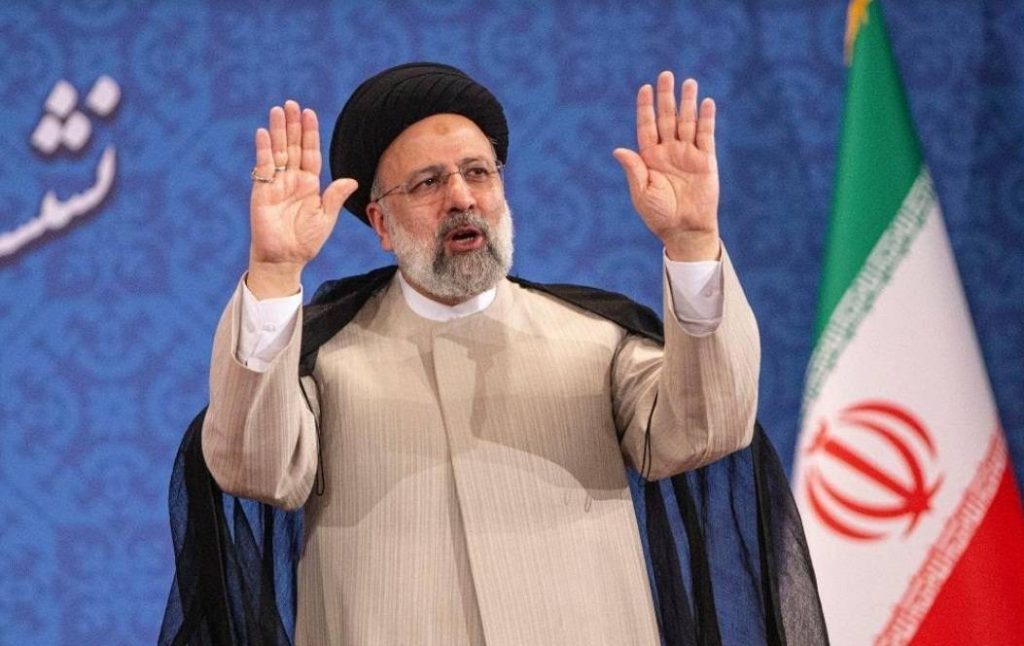
“The Onus is on those who breached the deal & have failed to distance from ominous legacy,” the leader of the the Iranian delegation, Kani Bagheri, tweeted earlier.
“The US must seize the opportunity offered by the JCPOA partners’ generosity; ball is in their court to show maturity & act responsibly,” he added.
The US special envoy for Iran, Robert Malley, tweeted that Washington’s “expectations are in check, but the US welcomes EU efforts and is prepared for a good faith attempt to reach a deal. It will shortly be clear if Iran is prepared for the same”.
Iranian President Ebrahim Raisi had called for the lifting of all sanctions imposed on Tehran by the US following its 2018 withdrawal from the deal.
Tehran has consistently argued that it intends to use nuclear energy for purely peaceful purposes, and has repeatedly stressed that the nuclear deal is of no value to the country unless sanctions are also lifted.
The fresh talks come shortly after the IAEA warned that Iran was only weeks away from producing the materials necessary to build a nuclear bomb.

